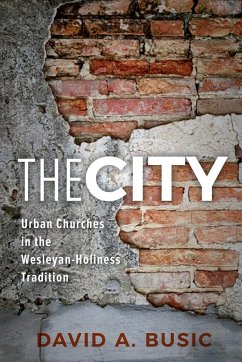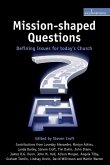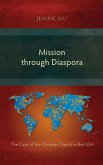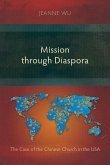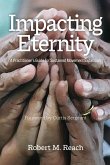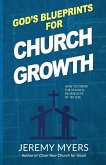Jesus commissioned his followers to make disciples of all nations, and John Wesley claimed that all the world was his parish. The church belongs in every part of the world, whether urban, suburban, or rural-but it originated in the city. Cities drive economic, cultural, and social change. Cities are the refuge of the poor and marginalized. Cities are mission fields ready to be sown and harvested. Yet many churches have left the city to pursue other ministry opportunities. In his seminal work, The City, David Busic traces the Wesleyan-Holiness history of ministry to, in, and from the urban core, and calls church leaders to remember and honor ancient visions for ministry by returning our faith communities to the city.
Hinweis: Dieser Artikel kann nur an eine deutsche Lieferadresse ausgeliefert werden.
Hinweis: Dieser Artikel kann nur an eine deutsche Lieferadresse ausgeliefert werden.

